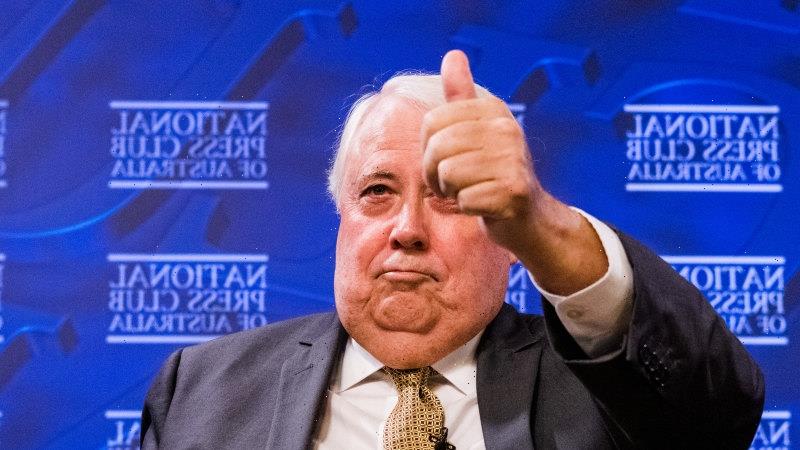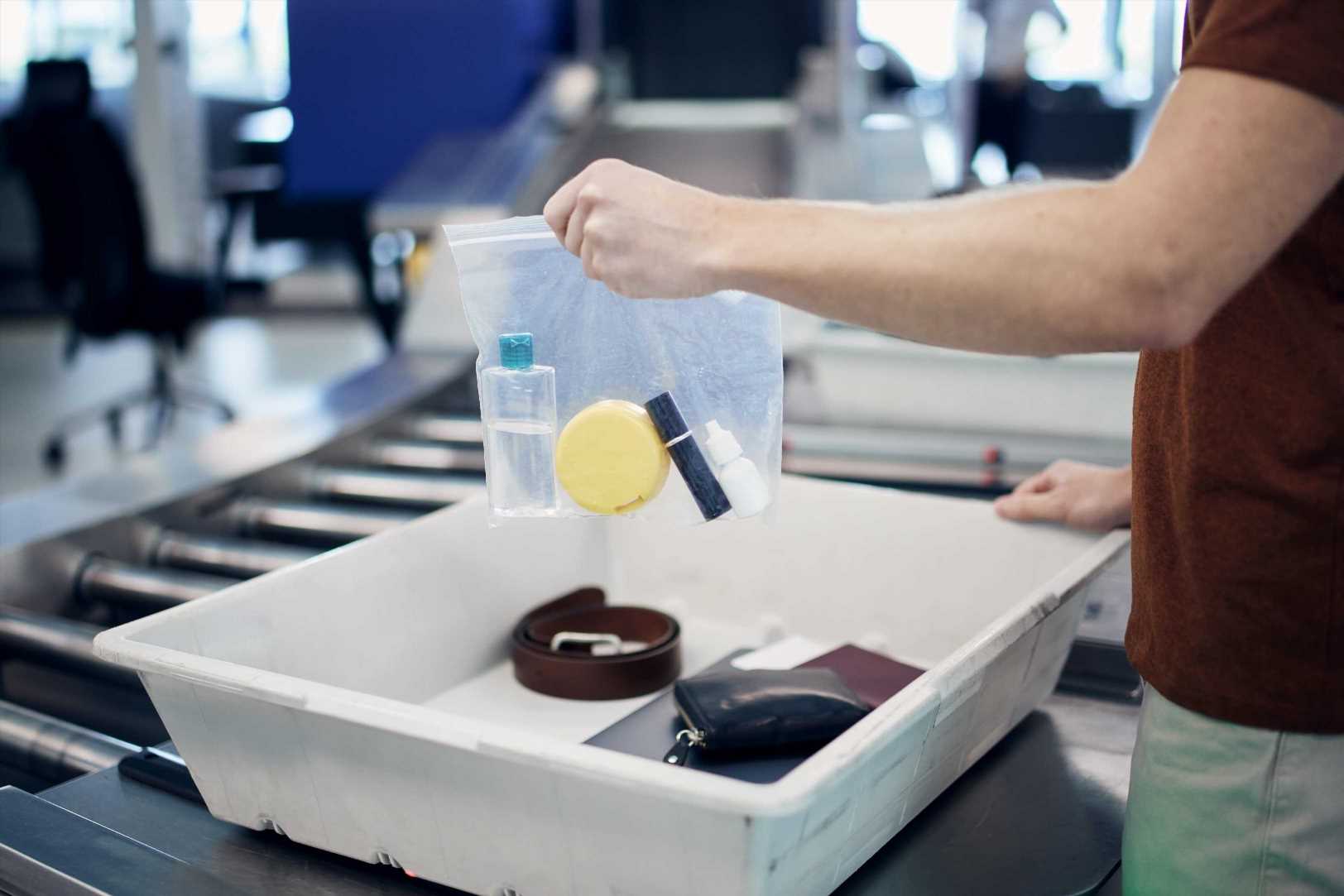MARTIN Lewis has revealed how low income households can get free cash to help with the rising cost of living.
There are grants available for families who are struggling financially.
The MoneySavingExpert founder said families can access extra money from charities, the government and some firms.
Unlike loans, grants don't have to be paid back.
It comes as the cost of living has rocketed, with average energy bills jumping by £700 and food prices and taxes both on the rise.
"If you're struggling on a low income, there's a lot more cash out there to help you than you may think," Martin said in his latest newsletter.
READ MORE SUN STORIES
Martin Lewis explains the winners and losers of big National Insurance changes
Martin Lewis shows how to save £100 a year on energy bills – it’s really easy
"Charities, the government and even companies often have funds which are available to help, especially if you have children".
As well as looking for grants, you should also do a benefits check to make sure you're getting all the cash you're entitled.
You can use an online benefits calculator for free to check you're not missing out.
Claiming benefits can help you access additional financial support, such as some grants.
Most read in Money
EASTER RECALL Kinder recalls MORE products including their Mini Eggs over Salmonella fears
I'm a money saving pro – the five things in your kitchen pushing up energy bills
PM to make energy announcement as he vows to 'do everything we can'
Martin Lewis explains how to get FREE food from KFC and Greggs – or get PAID to eat
We explain what grants are available and how to apply.
Charity grant check
Lots of charities have grants you might be able to apply for.
To find out what you could get, you can use the Turn2Us grant search tool.
The support on offer varies and depends on your personal circumstances.
For example, it might be based on where you live, your age, nationality, gender, or your job.
There may also be limitations on what you're allowed to spend the money on.
Flexible Support Fund
The Flexible Support Fund is available to people who already claim Universal Credit.
Grants from the fund can be put towards things you need for your job, or the cost of finding work, such as travelling to an interview.
If you think you are eligible for a grant, you should speak to your Universal Credit work coach who will help you apply.
The amount you will get depends on your specific circumstances.
Home improvement grants
It is possible to get a free cash grant to make improvements to your home.
These schemes are run by local authorities and the help available differs across the country.
Contact your council to find out if there is support available in your area.
Separately, disabled people can get a grant of up to £30,000 to help with making their homes more accessible.
You should contact your local council for more information on how to apply.
If you need something to be repaired, you could try a home improvement agency.
These are not-for-profit groups, often run by housing associations or charities.
Energy hardship funds
Energy companies have hardship funds to help customers who are struggling to pay their bills.
For example, British Gas' scheme will clear up to £750 of energy debts and Octopus is giving out grants of up to £500.
Contact your supplier to find out if any help is available.
Companies can also hand out cash for you to make your home more efficient.
That's part of the Energy Company Obligation and you might get work done for free or at a discount.
For example, British Gas will help eligible low income households with the cost of cavity wall insulation and loft insulation.
These kind of measures can help bring your bills down.
To find out if you're eligible and what you could get, contact your energy supplier.
Household Support Fund
The Household Support Fund is a government scheme that hands out cash to local councils for them to distribute.
It is targeted at families on low incomes, but local councils can set their own eligibility criteria.
The fund was extended in the Spring Statement so local authorities have been given an extra £500million to hand out.
The help you can get varies depending on who your local council is, as well as your personal situation.
But you may be able to get free cash and vouchers to help pay for things like heating your home or to cover costs of your weekly grocery shop.
In the last round of funding, which ended on March 31, families in North Yorkshire were able to claim a £125 voucher to help pay for food and other essentials.
Barnsley residents were given up to £200 in vouchers to spend at supermarkets and shops including Aldi, Asda, Argos and Curry's.
Households could get £120 in vouchers for prepayment meter energy bills if they lived in North Northamptonshire.
Help with water bills
Large families on Universal Credit or other benefits may be eligible for a cap on their bills under the WaterSure scheme.
To qualify for the scheme you need to already have a water meter installed, and prove you need to use a lot of water.
You also need to have three or more children under the age of 19 living in the house, and receive child benefit for them.
You can find out more about the scheme in our guide.
Holidays for disabled people
Low income families with a disabled child or adult can get a grant to help them pay for a holiday.
The short UK breaks are funded by charity 3H Fund.
It;s a small charity so they might not always have funding for everyone.
For example, it's currently able to help people 70 or older or people living in the Kent area.
The programme will be open to all from January next year and you can apply on the charity's website.
Sure Start Maternity Grant
ou may be able to get a one off payment worth £500 to help towards the costs of having a child through the Sure Start Maternity Grant.
You don't have to pay it back.
You'll qualify for the grant if you're already claiming benefits and you're expecting your first child, or expecting twins or triplets and have children already.
New parents must claim the grant within 11 weeks of the baby's due date or within six months after the baby is born.
To claim, you'll need to print out and fill in the Sure Start Maternity Grant (SF100) claim form.
A health professional such as a doctor or midwife must also sign it before you post it to Freepost DWP SSMG.
Healthy Start Scheme
The Healthy Start scheme offers thousands of parents on low incomes help to feed their kids.
You get a prepaid card and payments worth up to £442 a year for those claiming certain benefits.
You can start getting the cash from 10 weeks pregnant up to when the child turns four.
The card can be used at major supermarkets and shops to but the following:
- cow’s milk
- fresh, frozen or tinned fruit and vegetables
- infant formula milk
- fresh, dried, and tinned pulses
Check out how to apply for the Healthy Start scheme in our guide.
Help with childcare costs
If you claim Universal Credit, you might be able to get a refund on most of your childcare costs.
You can claim back 85% of childcare costs up to £646 for one child or £1,108 for two or more up to August 31 following the child’s 16th birthday.
Read More on The Sun
Teacher, 21, who had sex with boy, 15, now ‘bitterly regrets’ seducing him
Kinder recalls MORE products including their Mini Eggs over Salmonella fears
You will have to pay your childcare costs yourself up front and then claim the money back through Universal Credit.
Parents may also be able to take advantage of other childcare support, whether you're claiming Universal Credit or not, including up to 30 hours free childcare.
We pay for your stories!
Do you have a story for The Sun Online Money team?
Email us at [email protected]
Source: Read Full Article










